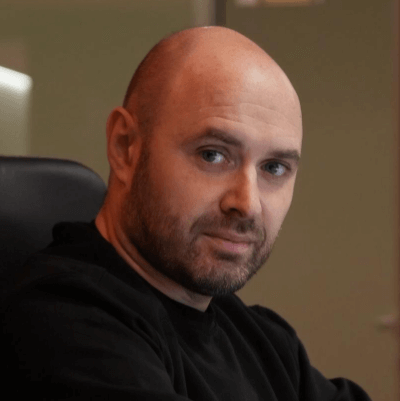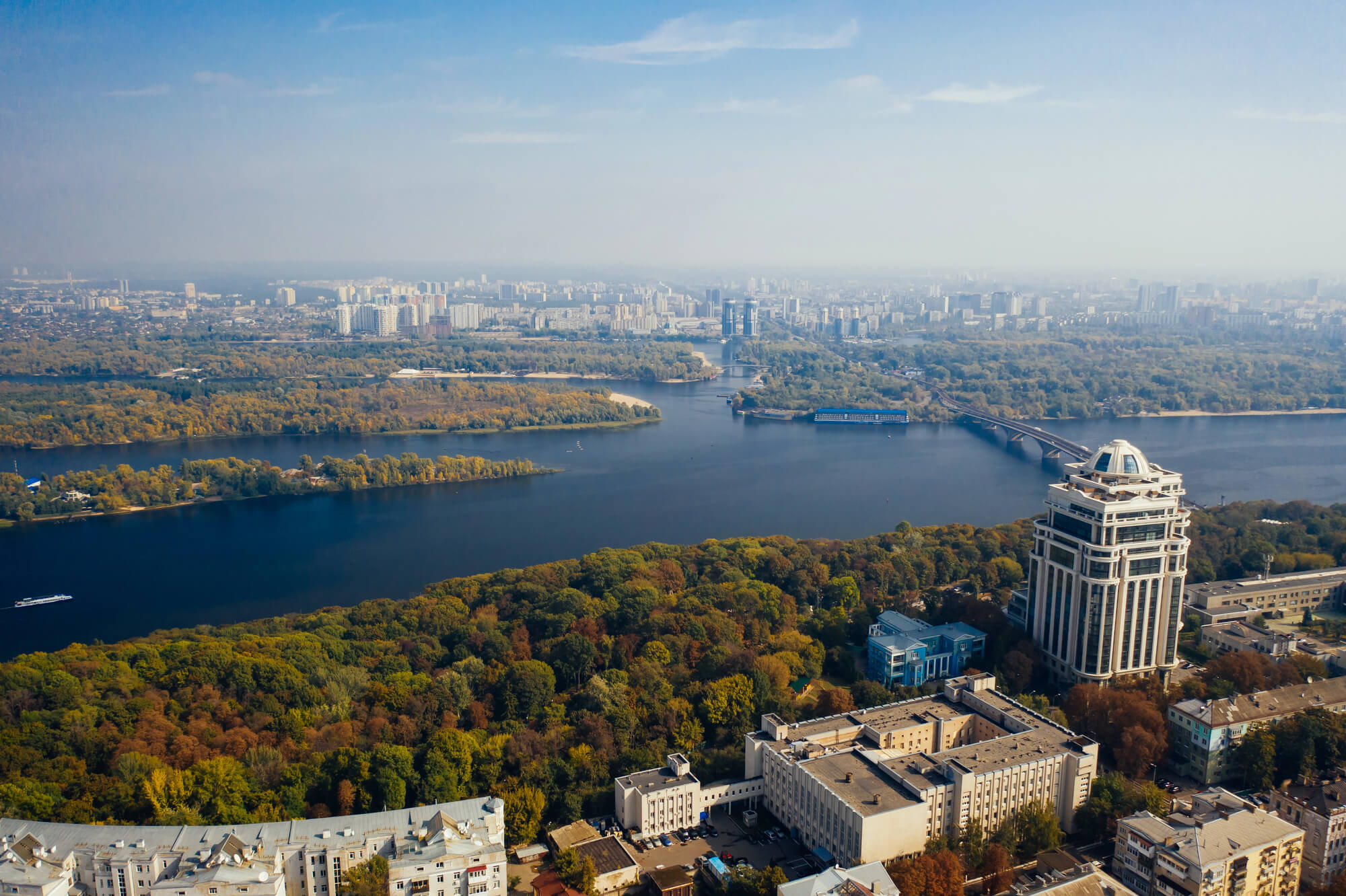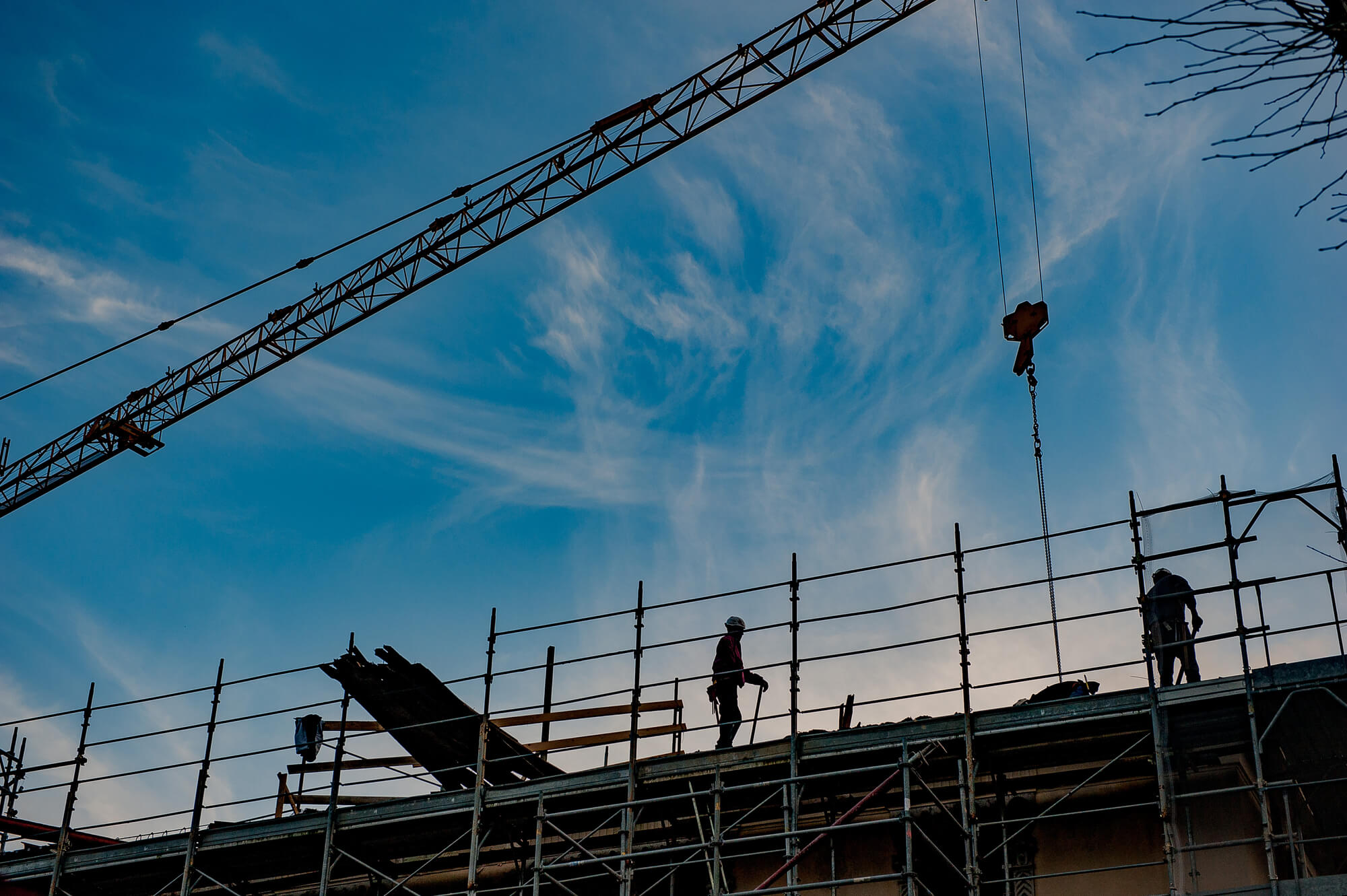In the latest episode of the “Reconstruction” podcast, we spoke with investigative journalist Danylo Mokryk about how to ensure the integrity of judges and restore trust in the judicial system.
Society’s interest and judicial integrity
Society’s attention is like a light that keeps everything happening within any government body in view. When attention wanes, darkness sets in, and in that darkness, dishonest actions occur. The issue is that society’s attention toward the judicial branch of power is traditionally significantly less than toward the Verkhovna Rada, Ministries, and the President. Ukrainians elect Parliament and the President, and the Cabinet of Ministers is a derivative of these choices. However, the judicial branch of power is very closed off and lacks a direct connection to society. Furthermore, during election campaigns, people become familiar with candidates for deputies and the presidency – it’s a constant show. But the judicial branch of power is non-elective, so society doesn’t feel a connection with these individuals. Unclear abbreviations like HQCJU, SCJ, and DACK make people want to yawn in disinterest.
The lack of attention towards the judicial branch of power is something I feel through my work. When you create content about issues related to the judiciary, you already know that it will have significantly fewer views than a piece about some people’s deputy or about Zelensky.
This indifference towards judicial topics is the first precondition for negative things to happen there. People love the saying, “A fish rots from the head,” but the fish starts to rot when you haven’t been paying attention to its condition. When you’ve just left it somewhere, it starts to rot, and which part of the body decays first – that’s already a secondary question.
Critical points of the judicial system
If we take the entire mass of court decisions in Ukraine, most of them are normal. Even if we recall the scandalous recently dissolved District Administrative Court of Kyiv, it gained media attention due to the wild decisions it sometimes made. However, 90% of its rulings were mundane matters that didn’t get media coverage, for example, judgments on claims against the Pension Fund for pension recalculations. In other words, an ordinary citizen turning to court with a typical problem stands a good chance of getting a reasonable decision. Hence, individuals who receive a favorable court ruling might not even realize what the problem is.
However, there are critical points. I mean decisions that characterize the system as a whole, a specific court, or a particular judge. These decisions weigh much more than the bulk of decisions without issues. We’re not talking about statistics; we’re not saying that 90% of court decisions are dreadful. No. We’re talking about those pivotal decisions that define the nature of the judicial system – they showcase the trouble.
Who is responsible for the level of trust in the judicial system
Trust in the judicial system should be a concern of judges themselves. First and foremost, it should be shaped by the actual court decisions. If there are questions about these decisions, if they seem strange, then the judicial branch of power should have the normal practice of explaining certain decisions to society. For example, last year, a judge in the Czech Republic acquitted the former Prime Minister, a presidential candidate, Andrej Babiš. This caused some uproar in society. Then, the judge who ruled that held a press conference and thoroughly explained his decision. This should be the norm. I recall the former head of the Constitutional Court, Oleksandr Tupytskyi, attempting to hold a press conference and explain himself after scandalous decisions regarding the cancellation of asset declarations. It might have seemed somewhat caricatured, but overall, such attempts are the right move, and we need to see such acts.
However, we lack this norm of communication with society. High salaries for judges make sense, as they need something to ensure their independence. However, these salaries come from the pockets of the people before whom judges, undoubtedly, have a certain obligation to explain their actions. Conversely, in our case, “I don’t owe you anything” could be the motto of the judicial system. “I won’t comment on my decisions or explain anything. Submit a request if you’re curious,” and so on.
Furthermore, there are questions about the behavior of judges. A judge must be an undisputed authority. However, if they boast to patrol officers that they’re like kings and gods to them, if they drink and then get behind the wheel, leading to someone’s death, as was the case with Oleksii Tandyr, the head of the Makariv District Court… Then what kind of authority can you have in society?
The judges themselves should be interested in ensuring that anyone among them who violates the law is punished. Instead, they often practice solidarity within their guild. If we recall the career path of Judge Oleksii Tandyr, he was involved in a case where he helped cover up another judge’s drunk driving incident. Unless judges themselves take the responsibility for purifying the judicial branch of power, how can trust be established? No one will work on preserving their reputation for them. We journalists specifically discuss problems because we’re not the press service of the judicial branch of power. We’re not here to praise but to diagnose issues and speak about what needs to be treated.
On the balance between judicial control and independence
Finding a balance between ensuring the independence of judges and having some form of accountability for them while also ensuring the inevitability of punishment is a complex challenge.
To ensure their independence and protect them from undue influence, judges should have high salaries and guarantees of a certain level of immunity, including guarantees of their tenure in the judicial service. On the other hand, it’s essential to ensure that accountability for their actions is not avoidable.
There have been positive changes: the current composition of the High Council of Justice demonstrates more principled behavior than its predecessor. They have granted permission to arrest the former head of the Supreme Court, Kniazev, and Judge Tandyr. However, I currently observe a trend where many try to discredit the very concept of competitive selection for public positions using the Kniazev case. They say, look at what your competitions lead to. In doing so, they forget that the Public Integrity Council (PIC) had only an advisory role in selecting judges for the Supreme Court. Its negative conclusions were often ignored. An illustration of this is the new head of the Supreme Court, Stanislav Kravchenko, about whom the PIC provided a negative assessment. The High Qualification Commission of Judges of Ukraine disregarded this assessment.
On the other hand, there are also attempts to discredit competitive selections where the involvement of the public or international experts is more significant. For example, they might say, you chose someone, and it turns out this person was still involved in corruption. In this context, it’s essential to explain that competitive selections, which focus on the integrity of candidates, cannot guarantee that a person will remain virtuous for their entire life. They indicate that, at the moment, this individual has a good reputation. However, it’s not a guarantee that the person won’t engage in unethical behavior tomorrow. Integrity is not something someone possesses once and for all; it’s a daily struggle against temptations. You can successfully overcome this struggle for years and then eventually take the wrong path. This doesn’t discredit the concept of competitive selection or the notion of integrity.
Changes from the bottom up
If we talk about the demand for justice, it’s not the first time for us. It was there in 2004-2005, 2013-2014, and it’s present now. After the Orange Revolution, the state changed. After the Revolution of Dignity, the state changed. And it will change now, too, of course. But naturally, we expected much more. This is happening because justice, like integrity, is a matter of daily struggle against temptations, each at their own level. If someone writes angry comments on the internet and continues to accept small bribes or engage in “under-the-table” deals, then all those angry comments mean nothing.
At their own level, everyone has to: a) demand justice, b) refuse any participation in corruption, c) defend their rights.
Unfortunately, I know people who are outraged that our state is corrupt and yet they participate in corrupt practices themselves. I have the impression that they either don’t understand or don’t want to understand that this doesn’t work that way. If you support this system with your participation, then nothing will change.
With the support of
Attention
The authors do not work for, consult to, own shares in or receive funding from any company or organization that would benefit from this article, and have no relevant affiliations





